Leibniz Institute for Regional Geography (IfL)
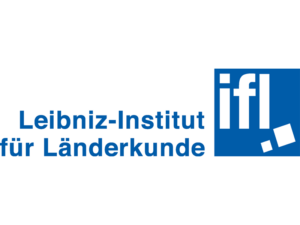 The Leibniz-Institut für Länderkunde (Leibniz Institute for Regional Geography, IfL) is the only research institute for geography in Germany which is not attached to a university. The research carried out at the IfL is concerned with spatial structures and current developments that have a spatial impact in Europe, as well as with the theoretical and historical foundations of Regional Geography. Under the heading “Geographies of the regional” the researchers analyse ongoing processes, particularly in Central and Eastern Europe. An important area of the institute´s work is the presentation of research findings for specialist and more general audiences.
The Leibniz-Institut für Länderkunde (Leibniz Institute for Regional Geography, IfL) is the only research institute for geography in Germany which is not attached to a university. The research carried out at the IfL is concerned with spatial structures and current developments that have a spatial impact in Europe, as well as with the theoretical and historical foundations of Regional Geography. Under the heading “Geographies of the regional” the researchers analyse ongoing processes, particularly in Central and Eastern Europe. An important area of the institute´s work is the presentation of research findings for specialist and more general audiences.
Together with 96 other non-university research institutes and service providers, the IfL is a member of the Leibniz Associationand one of 16 institutes of the Section Economics, Social Sciences, Spatial Research. Vice president of the Leibniz Association is IfL director Sebastian Lentz.
Research Centre Global Dynamics (ReCentGlobe) at Leipzig University
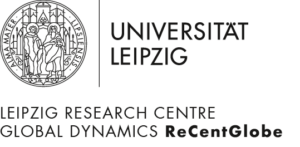
ReCentGlobe is a research centre associated with Leipzig University and was founded in January 2020. Around 200 employees and members of different faculties collaborate and research topics around globalisation.
Saxon Academy of Sciences and Humanities
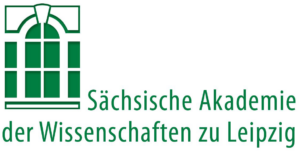 Founded in 1846 under the name of Royal Saxon Society for the Sciences, the Saxon Academy of Sciences and Humanities is rooted in the idea of the academy formed by Leibniz to unite “theoriam cum praxi”. More than 200 scientists of all disciplines meet regularly to exchange views, examine methods and results of specialist studies in interdisciplinary discussion and engage in long-term basic research. Right now, the Academy is responsible for more than 20 research projects in the humanities. The Academy looks back on a particularly long tradition concerning the compilation of dictionaries. They cover a broad range of languages and dialects including, for example, Ancient Egyptian, Old High German and large-area dialects. The Academy’s research also focuses on history and regional studies. Annotated editions of collected works and editions of letters also deserve to be mentioned, as well as studies from the field of the history of science.
Founded in 1846 under the name of Royal Saxon Society for the Sciences, the Saxon Academy of Sciences and Humanities is rooted in the idea of the academy formed by Leibniz to unite “theoriam cum praxi”. More than 200 scientists of all disciplines meet regularly to exchange views, examine methods and results of specialist studies in interdisciplinary discussion and engage in long-term basic research. Right now, the Academy is responsible for more than 20 research projects in the humanities. The Academy looks back on a particularly long tradition concerning the compilation of dictionaries. They cover a broad range of languages and dialects including, for example, Ancient Egyptian, Old High German and large-area dialects. The Academy’s research also focuses on history and regional studies. Annotated editions of collected works and editions of letters also deserve to be mentioned, as well as studies from the field of the history of science.
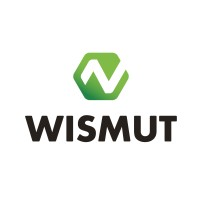 Wismut GmbH is a federal government-owned company operating in Saxony and Thuringia. Its principal business is the decommissioning, cleanup, and rehabilitation of uranium mining and processing sites.
Wismut GmbH is a federal government-owned company operating in Saxony and Thuringia. Its principal business is the decommissioning, cleanup, and rehabilitation of uranium mining and processing sites.
The company’s sole shareholder is the Federal Republic of Germany, represented by the German Federal Ministry for Economics Affairs and Climate Action. Since its foundation in 1991, the company is headquartered in Chemnitz/Saxony. By rehabilitating the uranium mining legacies, the 1,500 strong Wismut workforce is rising to one of the greatest ecological and technical challenges ever.
The Wismut Project has emerged as an important international reference project for state-of-the-art remediation technologies for the rehabilitation of radioactively contaminated sites. The experience and know-how gained under this unique environmental restoration project are being applied to rehabilitation projects in Germany and abroad.
Wismut is also an important partner on the regional level. In the rehabilitation process, numerous contracts were and continue to be farmed out under tendering procedures by Wismut to small and medium-sized businesses in either region. By doing so, the Wismut company makes a substantial contribution to foster the economic development of sites under remediation.
At the same time, the company has emerged as an important economic factor and is a major employer in the regions under rehabilitation in Saxony and Thuringia. Since 1993, more than 1,500 young people have completed their vocational training at Wismut.
Areas which uranium mining operations had claimed for decades were for the most part restored to their former uses, thus enhancing environmental qualities and the quality of life in their neighbourhoods. In the communities concerned, close cooperation with Wismut lays the foundation for fruitful developments. To quote but two examples: Schlema has successfully restored its former glory as a spa town, and Ronneburg hosted the national horticultural exhibition in 2007 which visited nearly 1.5 Mio people.
EEGA (Leibniz ScienceCampus »Eastern Europe – Global Area«)
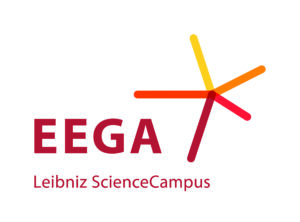 EEGA stands for the Leibniz ScienceCampus »Eastern Europe – Global Area«. Within the framework of the RSA CEE conference 2022 it organises a few special sessions, including a series on infrastructures and a session on “Blackness, Whiteness and Racialisation in Eastern Europe”.
EEGA stands for the Leibniz ScienceCampus »Eastern Europe – Global Area«. Within the framework of the RSA CEE conference 2022 it organises a few special sessions, including a series on infrastructures and a session on “Blackness, Whiteness and Racialisation in Eastern Europe”.
EEGA is committed to developing new research perspectives on Eastern Europe, engaging in knowledge exchange activities on the region with stakeholders, and promoting young researchers. It follows the idea that the multi-disciplinary and multi-faceted examination of processes of globalisation are a key for a better understanding of societal developments. The focus is on Eastern Europe’s diverse, tension-filled, and sometimes paradoxical globalisation projects »from within« and »from the outside«, and thus, on the self-positioning of Eastern European societies under the global condition.
EEGA‘s primary mission is to overcome prejudices and clichés, some of which are rooted in the era of the Cold War, and to promote an informed understanding of Eastern Europe in its diverse traditions and positions, developments and internal dynamics. To achieve this, EEGA brings together interdisciplinary knowledge and expertise from researchers affiliated with universities and research institutes in Leipzig, Jena and Halle, and partners from Eastern Europe.
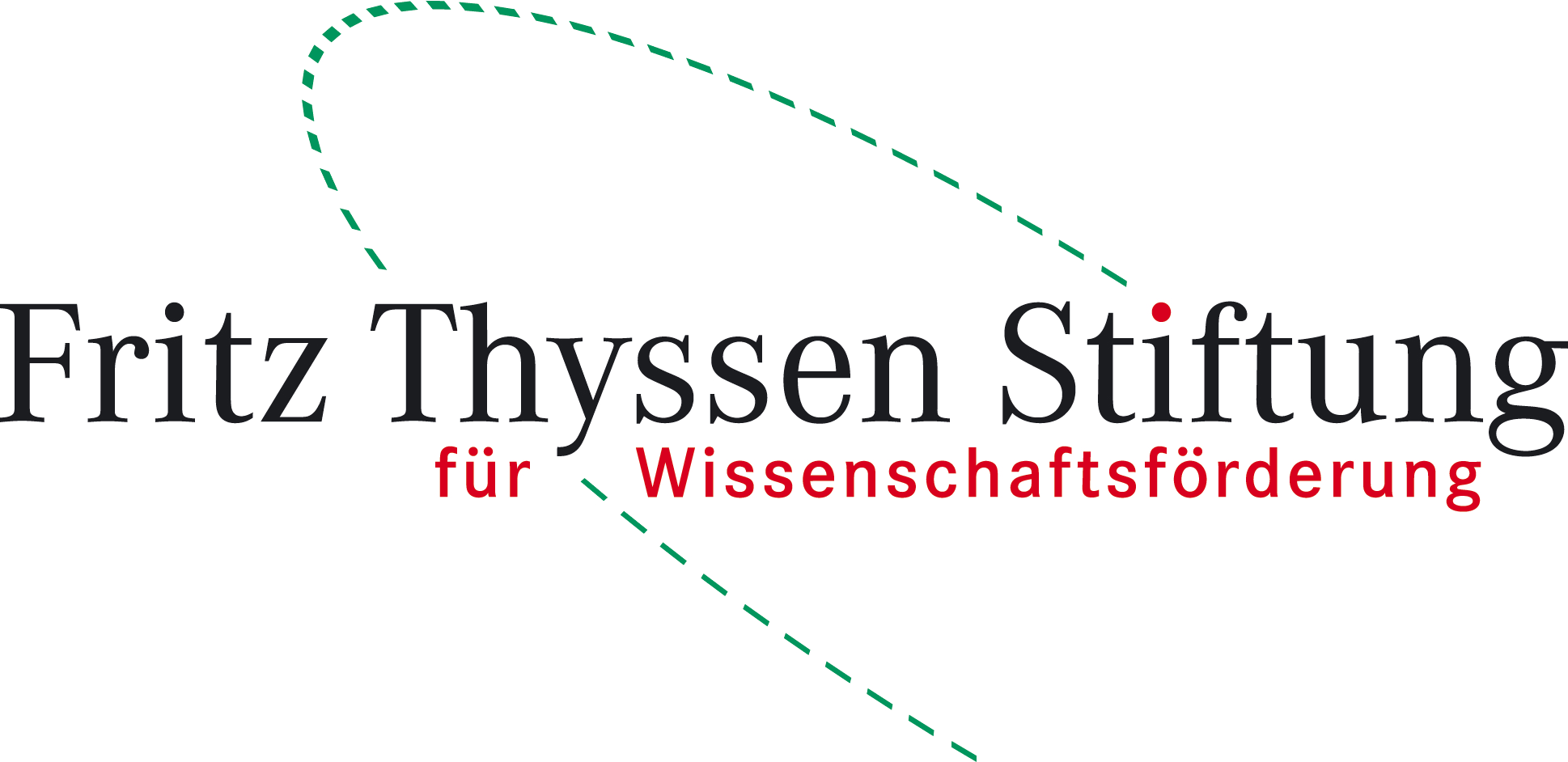
We are grateful for the support the conference is receiving from the Fritz Thyssen Foundation. The Fritz Thyssen Foundation is an independent non-profit foundation governed by private law. The Foundation was founded in 1959 and promotes science and research. More on the Fritz Thyssen Foundation can be found at https://www.fritz-thyssen-stiftung.de/en/